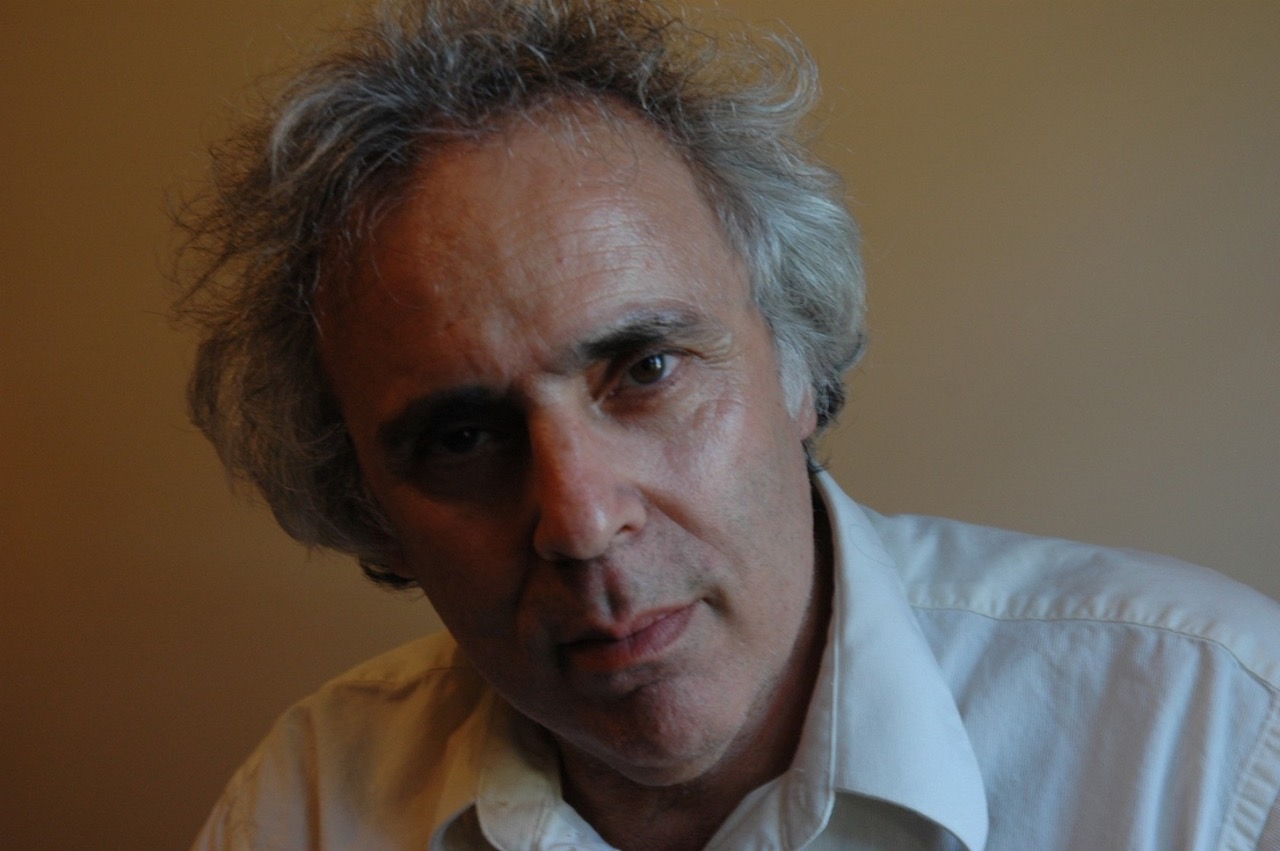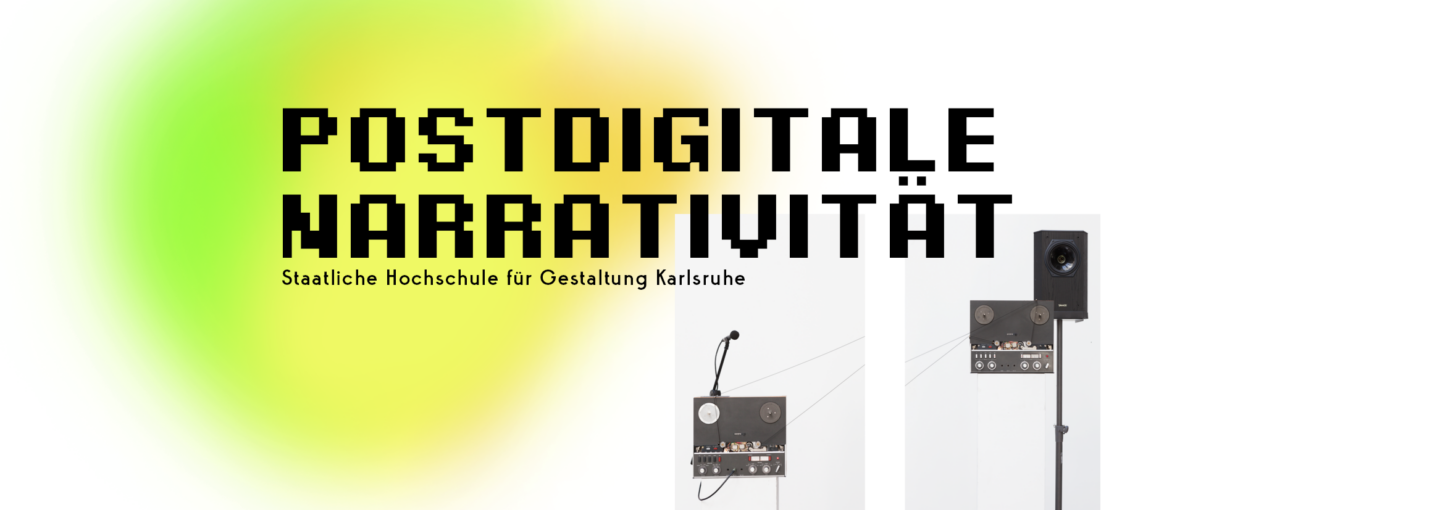The Future Can Only Be Told in Reverse: How do we invent new time-based story forms that capture the recent shocks to our civilization?

How must the rhythm of time-based storytelling, and the media that it relies upon, change, to meet the shocks of our contemporary crisis. This crisis has taken fifty years to manifest, but it will dominate our lives for the next fifty years, mostly likely. These new modes of time-based story will not be post-modern, post-human, nor post-digital, or pos pop or cyberpunk. They are emerging after these have worn down.
Over the course of three days, I will conduct lectures that introduce the history of our disaster, brick by brick; and then with the students, imagine what kind of world building and narrative strategies can possibly capture something that gigantic.
Various terms from my work will be used to set up ways of archiving, ways of shaping these prototypes. Among the terms: emergent, urban industrial feudalism: contrapuntal media: scripted spaces: histories of forgetting, the charms of the lie; living in (ultra) violet.
What obviously lies ahead for the arts across media, once the shocks of 2008-2011 finally begin to shatter the Europe and the US that we knew as children? Clearly, in response, we must give up simply trying to be up to date. The compression of past/present/future is part of this collapse. The crisis has destroyed easy ways of re-inventing modernity. So we should look backwards as much as sideways—to locate surprising modes of story that prove themselves flexible enough for this workshop. We must decide on what philosophies are aesthetically viable anymore. (Readings will be assigned over the next few days, but can be changed as our group attacks this question.)
Most definitely, we must try to avoid the standard clichés about apocalyptic civilization. We must embrace a world view that is ethnographically dynamic. However, what narrative strategies (poetics, grammars) does that suggest– for time-based storytelling?
One fact is certain. We must embrace how the Western Hegemony has ended. We are already living after it ended, after the sixties and seventies. After this hegemony fell, dialects of the West that were not at all western, began to appear. But they will take generations to fully develop.
In three days, and in a few weeks after, we can together invent a workbook for tackling these challenges. It will be archival, and also filled with architectonic notes; and with storyboards unlike what we usually see.
First Day: The Archaeologies of the present. This relies on a book that has been twelve years in the making, and thirty years before that. I will review the basic discourse around inequality, diversity, the precariat, the feudal condition.
Second Day: Together, we will imagine forms that shatter the modernist and postmodernist strategies, leave us somewhere fresh—in our practice, in our sketching out projects that can follow. I will review projects of my own, form the past twenty-five years. But they are merely my journey, not ours.
Third Day: We shape a space, or rather sketch out a space—imagining it inside ZKM– where this problem can be realized, where a prototype can evolve for the era to come; after the age of the nation states of the West fades. As a final deliverable, students will present a working archive together, imagining a single installation that can be understood as part of the cutting edge that is needed by 2020, in the midst of this crisis.
Over the course of each day, I will adjust my lectures in much the way that we are shaping our shared archive of prototypes and strangely apt examples. I will shift histories, and add different examples, in order to imagine a cultural history of 2020 and afterward—in cities, in politics, in media forms, in communities of artists.
